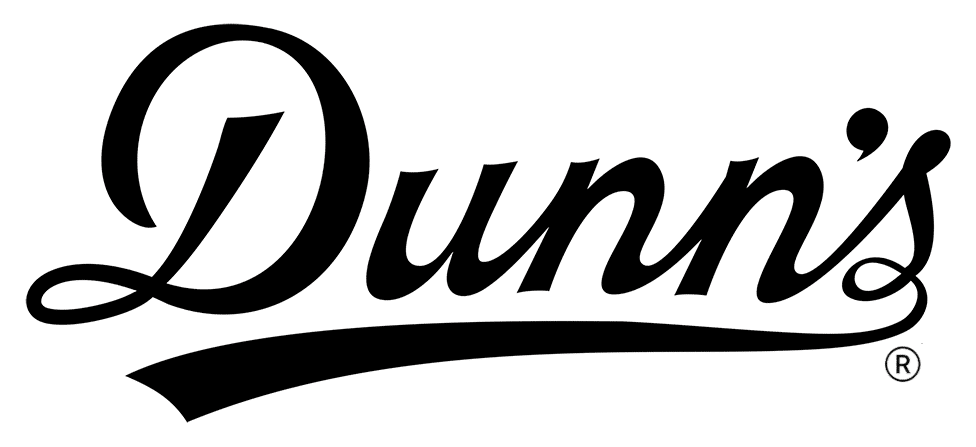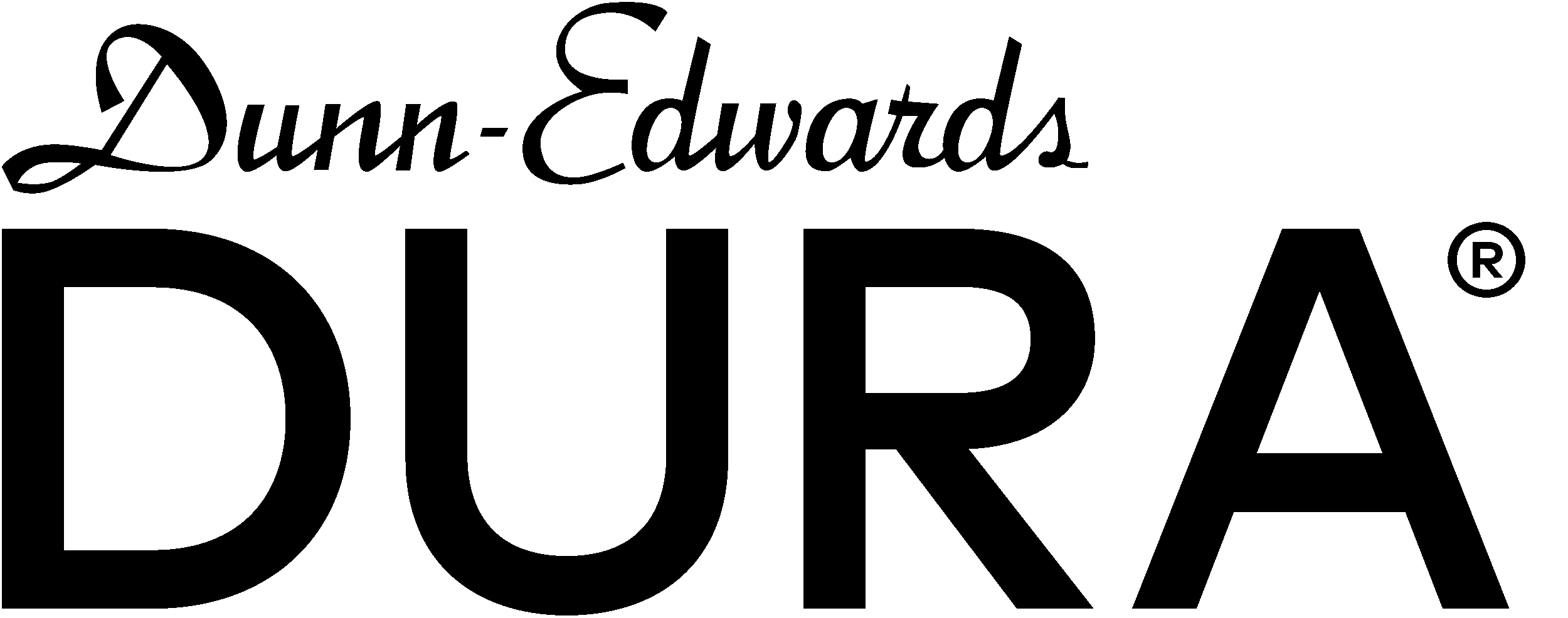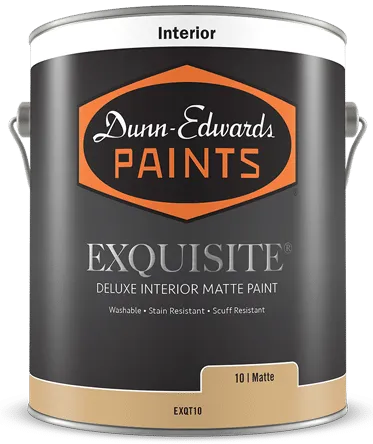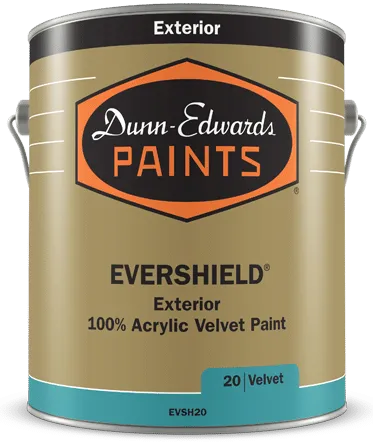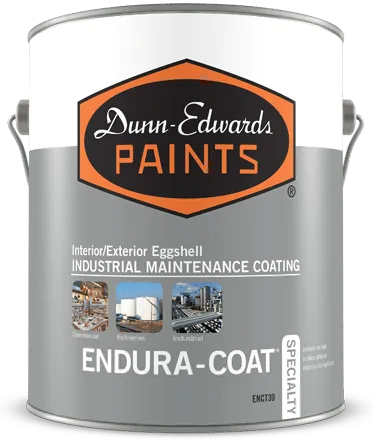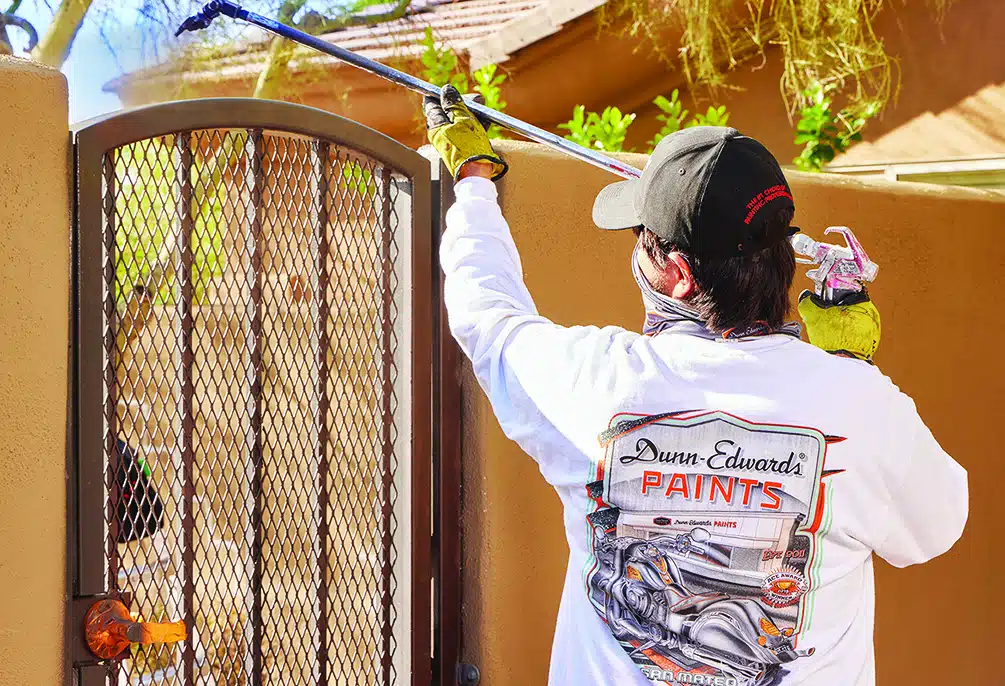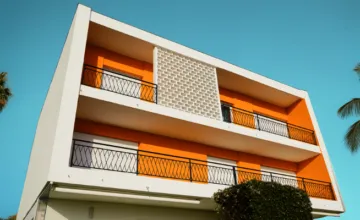Managing Properties Through the Pandemic
01/19/2021 | Dunn Edwards |
How to Lower Business Risk While Keeping Your Property Maintained

As the country eagerly awaits full distribution of the COVID-19 vaccine, property owners and managers continue to face extraordinary challenges. Although there has been a temporary moratorium on residential evictions, at some point, the moratorium will be lifted, and managers will be left with a rise in vacancies. To add to that, the retail and restaurant industries are struggling, and many office tenants are realizing that they can save money by downsizing to a permanent work from home model. Those factors are sparking a rise in commercial vacancies as well. As a property manager, no matter which scenario you find yourself in, you’re probably going to see your painting needs increase for the foreseeable future.
Whether you’re in a locked-down state or a fully opened one, there are a few things you need to know in order to protect your employees and tenants during the months ahead. Brush up on these tips to help you maintain your property through the pandemic safely and keep your properties running smoothly.
Tip 1: Have a plan.
The US Occupational Safety and Health Administration recommends that all businesses develop an infectious disease preparedness and response plan. While this might sound like overkill, especially if you’re only managing one or two properties, having a plan is always a good idea. It doesn’t need to be anything formal; simply think ahead about a few different scenarios and write down your thoughts on how you might handle them. Here are some questions to consider:
• What is the biggest source of infection risk for yourself, your employees, and your tenants? Identifying areas where people might be in closer contact, where access to handwashing facilities is minimal, or where masks are less likely to be worn (e.g., during meal breaks) can help you put practices in place to lower the risk. For example, you could conduct all of your initial tenant screenings and property inspections as video calls rather than in-person visits, leave a few bottles of hand sanitizer or soap at each empty property, and/or request that painting and maintenance staff keep at least a 6-foot distance from others during meal breaks when their masks are removed.
• What will you do if one or more employees or tenants become sick? Having a contingency plan can keep your property running smoothly and prevent additional infections. Do you currently offer paid sick leave to maintenance staff? If not, consider offering it. While it may seem like it would put a financial strain on your business, the strain would be much worse if infected employees came to work because they couldn’t afford to take time off. That could lead to other infections and ultimately, a huge liability for your business. If an employee or tenant gets sick, how and when will you inform the other employees and tenants who may have been exposed? Will you require other employees to quarantine or get tested before coming back to work? These are all scenarios that will be easier to handle if you’ve had time to think through them in advance.
• How will your property respond to local lockdowns? While the situation is fluid and different everywhere, planning ahead in case of a lockdown could provide you with extra peace of mind. Have you set aside extra funds to keep staff employed and continue regular maintenance processes in the event that the eviction moratorium is extended and revenue dips? Do you have a protocol for notifying tenants and employees of new procedures and regulations?
Tip 2: Safety is marketable.
While everyone is processing the impact of the pandemic differently, nobody is against a little extra cleanliness. Letting current and prospective tenants know (on your website and through initial interactions) that you are taking additional safety measures during this time can mean the difference between new leases and lapsed ones.
According to the CDC, here are some guidelines that you should follow:
• Wear a mask. When you arrive at a property or meet with a prospective or current tenant, make sure to wear a mask that covers your nose and mouth at all times. In addition to protecting you from stray germs, it will protect those around you as well. Require that all maintenance staff—including painters who may be in a vacant property—wear masks as well. Be careful about allowing staff to wear painting respirators for general coronavirus prevention… while they can provide excellent protection for the wearer, they offer little to no protection for others and that could be a liability. If someone’s respirator has a one-way valve on it, it is likely releasing unfiltered air when they breathe out, so it could allow them to unknowingly spread the virus to another employee or tenant. When wearing a respirator is mandatory (in working with certain types of paints or other chemicals), encourage painters to create a no-respirator-no-entry zone so that others are not exposed to potential risk.
• Clean regularly. Encourage all maintenance staff to routinely disinfect shared vehicles, equipment, tools, and storage rooms. Ask all employees to wash their hands regularly and stay home if they show any symptoms. When hiring contractors, ask them about their regular cleaning practices to gauge their awareness of this issue.
• Keep your distance. Whenever possible, maintain at least six feet (or two arms’ length) of distance between yourself and others, and encourage your staff and tenants to do the same—even when they are wearing masks.
• Ventilate thoroughly. Ventilation has always been important for painters, but now it is a critical factor for all maintenance staff. Whenever possible, encourage staff to open windows and doors to allow fresh air to circulate while working indoors.
• Be vigilant. Know that someone could be a carrier of the virus even if they exhibit no symptoms. We tend to let down our guard with the people we know, but unless they’re isolating 100% of the time outside of work, they could contract the virus and unknowingly spread it. Although it may feel awkward to wear a mask around your most trusted employees or tenants, in the end, wearing a mask around them shows that you respect them and value their safety.
For the full list of safety guidelines, visit the CDC and OSHA websites.
Tip 3: Know that we’ll never get “back to normal.”
That’s not meant to be pessimistic. Life will definitely get easier, but the pandemic has changed the way people live and do business… some of it permanently. The more you can accept this and prepare for it, the stronger the position your property management business will be in the future.
For example, your tenants’ expectations for cleanliness and safety have been set higher than before, and that is unlikely to change in the near future. Implementing and maintaining regular hand washing and equipment sanitizing policies is here to stay.
Many people have grown used to the convenience of having video meetings and sending text messages instead of meeting up in person. Even after the pandemic ends, some prospective tenants are going to want to maintain contact in this way. If you haven’t already, explore the options available to you for video meetings (many smartphones have a video call feature, and both zoom and Free Conference Call offer free plans). To save time with property showings and attract top-tier tenants, consider incorporating video tours into your property marketing plans moving forward. These could be pre-recorded and posted to your website or online ad, negating the need for individual tours.
Even after the pandemic ends, there will continue to be a shift in the way that properties are leased and used. For example, many properties that were previously used for retail and commercial purposes might need to be rezoned and remodeled to accommodate residential tenants. Due to new fears and awareness that arose out of the pandemic, prospective tenants might be more discerning when it comes to HVAC filtration, and/or you might find that there is a larger market for smaller units, requiring additional modifications to existing properties.
The “new normal” for property managers are going to be learning to adapt to a larger shift in real estate trends while paying close attention to employee and tenant needs. The only constant we can reliably expect changes.
The bottom line: while it is looking like we’ll rebound from the pandemic sometime this year, it will take some time before we’re fully out of the danger zone. Following these tips can help your property management business stay profitable now while preparing it for success in the future.
